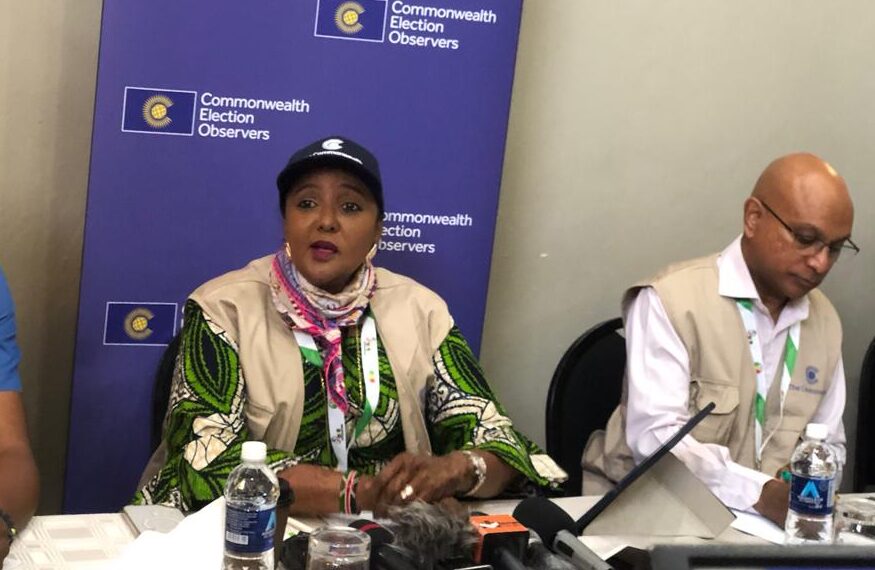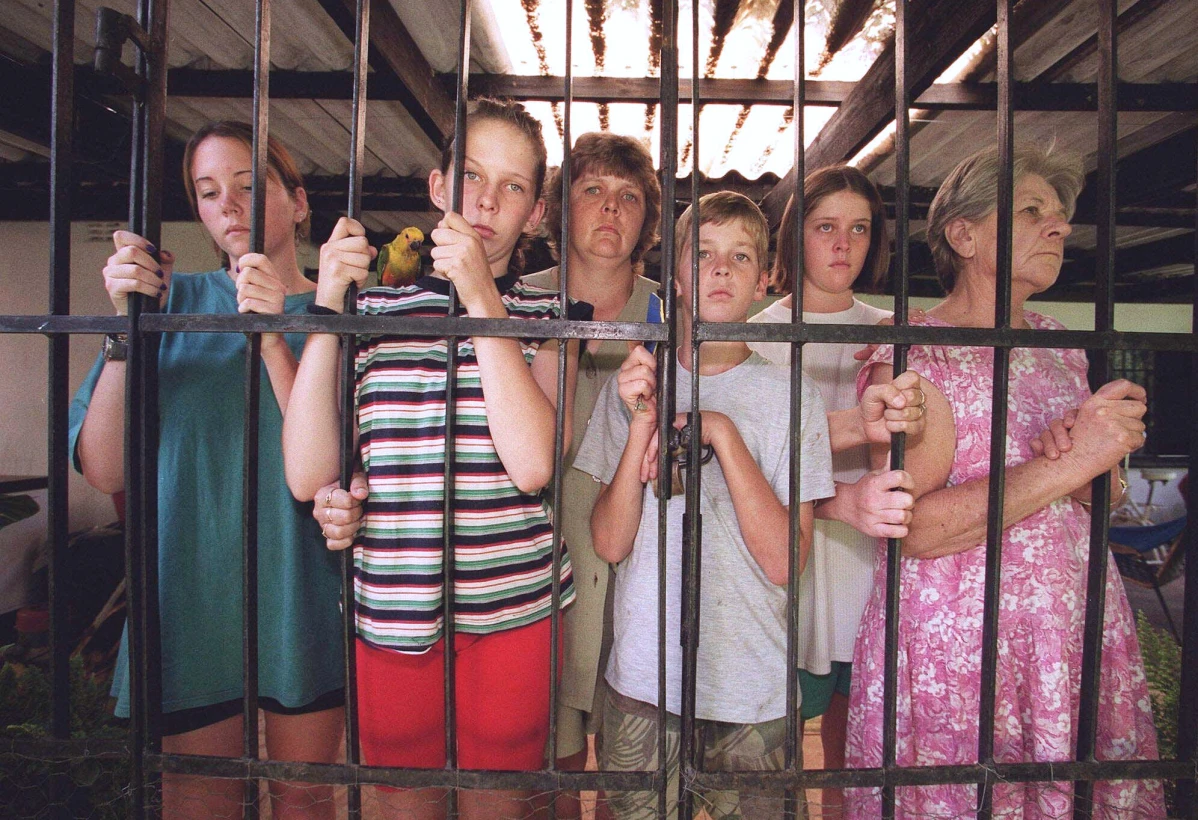HARARE – Zimbabwe’s just ended general elections were fraught with irregularities that could potentially dent the credibility of the poll.
These were findings by the Commonwealth observer mission to Zimbabwe’s 2023 elections, which ended Thursday with counting and announcing of results now in progress.
Presenting her team’s preliminary findings on the conduct of Zimbabwe’s plebiscite, Amina Mohamed, the Commonwealth group’s chair said the Zimbabwe Electoral Commission should improve on concerns raised by observers.
These include poor communication and logistical glitches involving the delivery of ballots to polling stations in Harare, Bulawayo and Manicaland provinces which delayed the start of voting.
The observer group noted ZEC’s dishonesty in making assurances to observers that all voting materials had been secured and delivered to polling stations when this was not the case.
“Prior to Election Day, the Zimbabwe Electoral Commission had provided various assurances of its preparedness and readiness to conduct the elections as scheduled.
“However, on Election Day, the late opening of polls due to the late arrival of ballot papers in the major urban areas of Harare and Bulawayo, raised concerns and heightened tensions, noting that these areas represent a significant proportion of the overall population.
“While we note ZEC’s explanation regarding challenges with logistics and the impact of late court cases, we would welcome a more detailed explanation from ZEC in the coming days, and we will reflect further on this matter in our final report,” said Mohamed.
Commonwealth observers said there were fears of voter intimidation presented through the Forever Associates of Zimbabwe (FAZ), a pro-Zanu PF organisation, closer to polling stations under the pretext of an exit survey.
“Our observers witnessed tables set up in close proximity by an organisation called Forever Associate Zimbabwe (FAZ) and received reports that members of the organisation were allegedly recording the names and ID numbers of voters.
“We also noted that members of FAZ were also conducting citizen observation. Their presence fuelled allegations of voter intimidation,” said the Kenyan.
The group also noted police bans on a lot of opposition rallies.
“In briefings, it was alleged that, for those campaign rallies that were denied by the Zimbabwe police, they had made selective use of the Maintenance of Peace and Order Act of 2019, and that this selective use created an unlevel playing field.
“However, the police stated that there were legitimate reasons for rallies being denied, such as failure to meet certain criteria. The Group will address this issue in more detail in its final report,” said Mohamed.
The Commonwealth observer team also raised concerns over mainstream coverage of opposition party campaign rallies.
“Stakeholders reiterated concerns about state media bias favouring the incumbent governing party.
“Political parties noted that although airtime was made available, many media outlets required payment for slots, which proved unaffordable. This imbalance in coverage started well before the campaign.
“Accreditation for international media houses wishing to cover the election was regarded as prohibitive. Additionally, it was noted that several journalists from foreign media houses were denied accreditation, notably Voice of America, South Africa’s Daily Maverick and ARD of Germany,” she said.
She however commended the high voter turnout in the country of over six million registered voters.
















